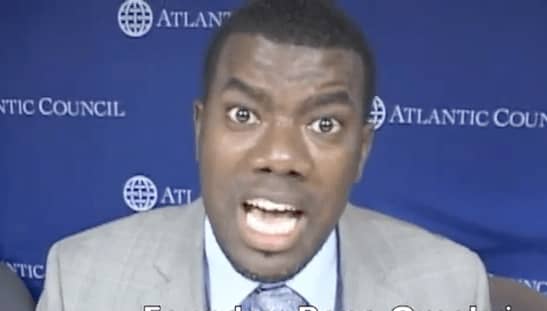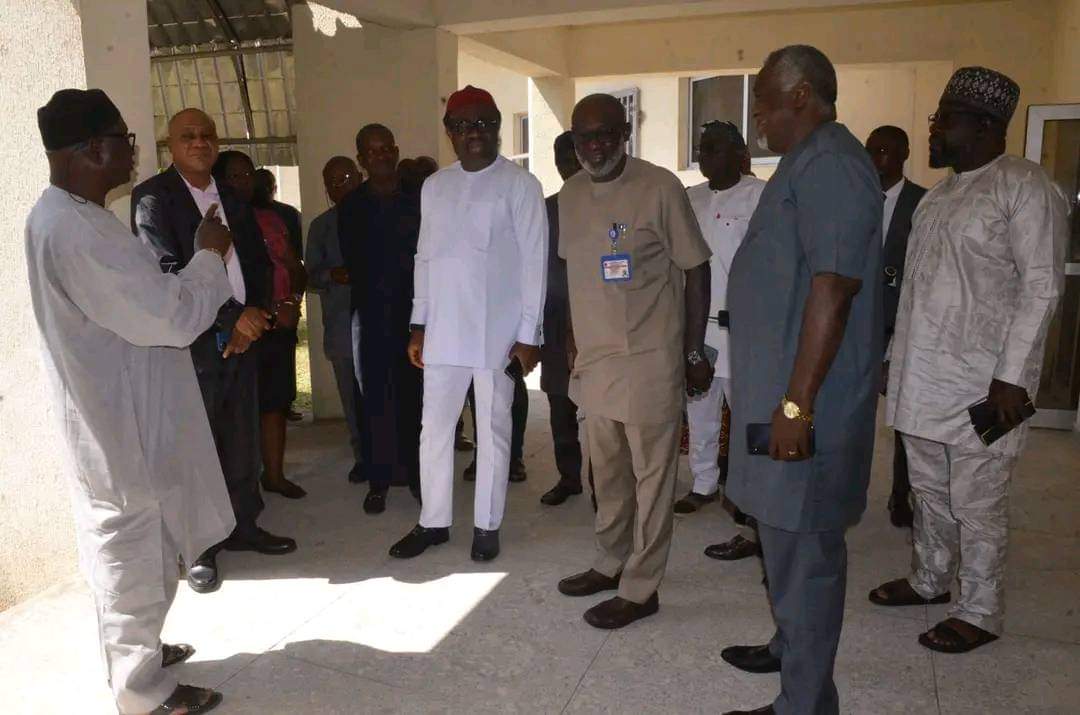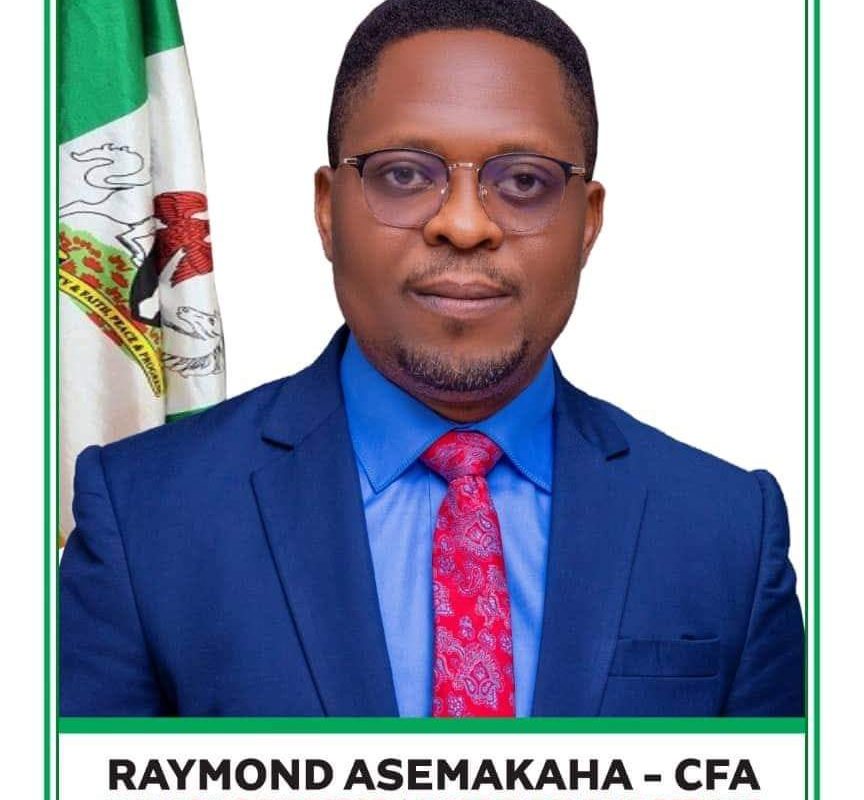In response to a military takeover on July 26, the African Union (AU) has suspended Niger Republic from all of its operations, the AU announced in a statement on Tuesday.
The African Union (AU) reaffirmed its demands that the coup leaders free elected President Mohamed Bazoum and go back to their barracks.
The West African bloc ECOWAS decided to activate a standby force in preparation for a potential military intervention. The AU Peace and Security Council noted this decision and requested that the AU Commission evaluate the potential economic, social, and security repercussions of deploying such a force.
If diplomatic efforts to restore democracy are unsuccessful, the Economic Community of West African States (ECOWAS) has stated it is ready to send troops into Niger.
The AU firmly denounced meddling from any actor or country outside of Africa and urged all of its member states and the international community to abstain from any move that would legitimise the coup in Niger.
General Abdourahamane Tchiani, the military leader of Niger, had suggested a three-year transition plan, but ECOWAS had rejected it.
Abdourahamane Tchiani reportedly stated in a statement to SaharaReporters on Sunday that his government intended to restore civilian authority within the next three years.
On Saturday night, General Tchiani stated on television that neither the junta nor the Niger people “want for war and remain open to negotiation.”
General Tchiani’s suggestion, according to Abdel-Fatau Musah, the ECOWAS Commissioner for Political Affairs, Peace, and Security, is unacceptable.
Hundreds of Nigerians reportedly came to the streets over the weekend to show their support for the military government, according to another source.
They protested at the same time that ECOWAS insisted on invading the nation to remove a few leaders if negotiations to reinstate deposed President Mohamed Bazoum fail.
On the same day as the meeting, a government representative in Niger claimed that the talks between the ECOWAS delegation, which was led by former head of state General Abdulsalami Abubakar, ret., and the junta had not advanced much.
The officer added that the presidential guard, which ousted President Bazoum, suffers from major divisions and that most of the troops in the presidential complex will leave if ECOWAS attacks the Niger Republic.
Even still, on Sunday, Pope Francis called for a diplomatic solution to the current political crisis.
In particular, ECOWAS, which is contemplating a military intervention to reinstate elected President Mohamed Bazoum if ongoing discussions with the coup leaders fail, was the target of anti-colonialist cries from protesters.
Protests have been formally outlawed by the Sahel state’s new military rulers, but those in favour of the coup are allowed to carry them out.
The protesters held up signs that read “stop the military intervention” and “no to sanctions,” in response to the trade and financial restrictions put in place by ECOWAS.
According to AFP, bands hailing the new military rule played at the pro-coup demonstration over the weekend.
A day after the new military authority in Niamey issued a warning that an attack on Niger would not be a “walk in the park,” the most recent of several pro-coup demonstrations took place.
A delegation from the Economic Community of West African States (ECOWAS) has landed in Niger in a desperate attempt to peacefully end the deadlock with the country’s coup leaders.
In addition, it had stated that, with the exception of Cape Verde and nations ruled by militaries, the majority of ECOWAS members had declared their preparedness to take part in a military intervention in Niger.




